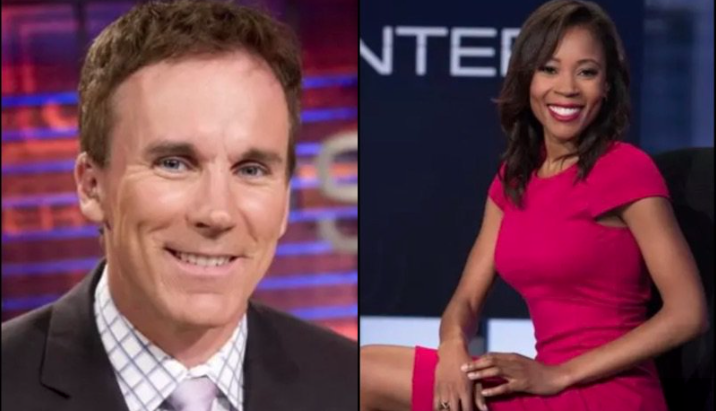According to Report, ESPN is A Frat House on TV
15 Dec, 2017
When ESPN canceled its new program with Barstool Sports this fall after just one episode, the network tried to distance itself from the men’s blog that has stoked criticism for everything from calling Rihanna fat to saying girls wearing skinny jeans deserve to be raped.
But a controversy about the treatment of women was already brewing inside the network.
The Bristol, Conn., juggernaut was under scrutiny for a sexual harassment and retaliation complaint filed this summer with the Connecticut Commission on Human Rights and Opportunities
And ESPN’s willingness to partner with Barstool emboldened others to speak out about the entrenched locker room culture, where men have made unwanted sexual propositions to female colleagues, given unsolicited shoulder rubs, and openly rated women on their looks, and, in at least one case, sent shirtless selfies, according to interviews with roughly two dozen current and former employees.
Some women said that the environment at ESPN can be so hostile — and plum positions for female sports journalists so precarious — that they hid pregnancies and felt pressured to take short maternity leaves in order to protect their positions. One anchor even did her scheduled broadcast while she was having a miscarriage to prove her commitment to her job, according to former employees.
Another woman, one of the few solo female anchors on SportsCenter, said she was told her show was moving in another direction and she’d no longer have a job on it weeks before she went on maternity leave last year. She is one of several who said they were given less desirable positions or laid off before, during, or after maternity leave.
ESPN said the company has had several rounds of layoffs, including more than 100 this year, and blamed changes in strategy — not hostility toward women — for job losses. The company would not provide a gender breakdown of the layoffs, but it said women were not disproportionately targeted.
But some current and former employees say the problems for women run deep.
“ESPN has failed to address its deeply ingrained culture of sexism and hostile treatment of women,” said Adrienne Lawrence, who filed the complaint this summer against ESPN. Lawrence had worked as a lawyer before she joined ESPN in 2015 as part of a fellowship designed to increase racial diversity at the sports network.
ESPN is one of the most coveted places for sports journalists, and its sheer size gives more opportunities to women than many other outlets. But over the years, the company has been plagued by sexual misconduct scandals that have resulted in several lawsuits and filled the pages of at least two books, “ESPN: The Uncensored History,” and “Those Guys Have All the Fun.” Many employees have said the isolated location in Bristol only exacerbates problems in a male-dominated workplace.
ESPN said that the company takes sexual harassment seriously. Just this week, ESPN suspended Donovan McNabb and Eric Davis, former NFL players who host shows on ESPN Radio, after they were named in a lawsuit claiming they sexually harassed an employee at the NFL Network.
“We work hard to maintain a respectful and inclusive culture at ESPN,” said Katina Arnold, an ESPN spokeswoman. “It is always a work in progress, but we’re proud of the significant progress we’ve made in developing and placing women in key roles at the company in the boardroom, in leadership positions throughout ESPN, and on air.”
ESPN said that it has made great strides in creating opportunities for women in recent years, including hiring the first female studio host of NFL Countdown, the first female Major League Baseball analyst, and the first woman to lead ESPN The Magazine.
ESPN has tried to jettison its frat-boy reputation with new training and policies, including requiring employees to disclose personal relationships with each other to the company. ESPN says there are postings throughout the building advising employees of their rights and of the means for reporting complaints.
But charges of insensitivity to women surfaced again last year when broadcaster Erin Andrews testified that ESPN would not let her return to work until she did an interview in 2009 about a stalker who leaked videos of her undressing at a hotel during a work trip in order to prove that she didn’t release the materials herself. Andrews, who left ESPN for Fox Sports in 2012, testified that she was crying while she waited to do an interview with Oprah.
Many people who described concerns with the atmosphere at ESPN declined to speak on the record because they feared losing their jobs or being blackballed from other sports outlets who do business with ESPN. Some were reluctant to identify the alleged harassers because they worried it would out their own identities and subject them to retaliation.
But others are speaking openly. In her complaint, Adrienne Lawrence describes a toxic environment at ESPN headquarters where men make unwanted sexual and romantic advances under the guise of networking or mentoring, and “mark” women as their own by spreading false rumors about sexual relationships with female employees.
Lawrence accused John Buccigross, a longtime SportsCenter anchor whom she viewed as a mentor, of sending unsolicited shirtless photographs of himself and calling her “dollface,” “#dreamgirl,” and “#longlegs” in messages from 2016 reviewed by the Globe. Lawrence said she tried to remain cordial in the messages but at one point responded: “You need to wear clothes, sir.”
When rumors spread that the two were in a relationship, Lawrence repeatedly complained to company officials and was advised by a supervisor to drop the matter, according to the complaint.
Lawrence said ESPN retaliated against her by reducing her on-air shifts and ultimately denying her a permanent position. The other fellow, a male, received a job offer. The Globe interviewed three former employees whom Lawrence had confided in at the time about her treatment and confirmed her account.
Buccigross, roughly two decades older than Lawrence, acknowledged sending the photos but denied starting any rumors that the two were in a relationship.
“I considered Adrienne to be a friend,” Buccigross said in a statement to the Globe. “I’m sorry if anything I did or said offended Adrienne. It certainly wasn’t my intent.”
Buccigross noted that after he sent the first shirtless picture, Lawrence texted about the possibility of getting together that weekend. Buccigross said they texted frequently over a couple of months and talked about personal issues as well as advice on improving her on-air delivery.
ESPN said it conducted a “thorough investigation” and found Lawrence’s claims to be “entirely without merit.” Lawrence was never guaranteed a permanent position, ESPN said, and it notified her at the same time that other employees were told that their contracts would not be renewed.
Earlier this month, the Connecticut Commission on Human Rights and Opportunities released Lawrence’s complaint at her request so she could sue in federal court rather than wait for the agency to make a ruling.
When Lawrence filed her complaint in August, ESPN was just weeks away from unveiling its new partnership with Barstool — a collaboration that some employees cautioned ESPN against. The site, founded in Milton, had made vulgar statements about ESPN journalists, including anchor Sam Ponder, host of Sunday NFL Countdown. In 2014, she was the target of a profane rant by Barstool’s founder Dave Portnoy that made derogatory comments about her child and her life as a working mother.
“No person who watches Game Day wants to see a picture of her and her ugly kid. Nobody cares, Sam Ponder,” Portnoy said. “We want to see you sex it up and be slutty . . .”
Ponder and other employees denounced the partnership on social media, and the show was canceled after one episode.
The Barstool partnership also drew fire from Jenn Sterger, a writer and actress, who felt she had been sexually harassed at ESPN when she tried out for an on-air position in 2006.
“Since we are being honest, I will say this: I HATE how Barstool Sports treats women. But the other side is JUST as bad,” Sterger tweeted in October.
During her months-long audition, Sterger said an executive showed her a copy of a Playboy magazine that she had modeled for and then she was taken to a strip club by Matthew Berry, who was interviewing as a contributor for The Fantasy Show.
The strip club outing was not a formal ESPN activity, but it followed a dinner with company employees and involved several male job candidates. Sterger said she initially did not realize where they were going and she was teased about being uncomfortable once there.
Sterger and Berry say they were both admonished for the strip club outing, but Sterger did not get a job at ESPN while Berry did. ESPN said it chose another woman who had more experience, though an e-mail from the network at the time also said Sterger could have improved her chances by showing “more professional behavior.” Berry is now ESPN’s senior fantasy analyst and one of the most influential personalities in fantasy sports.
Today, Berry said visiting the strip club “was not a smart decision and I regret going.” He described a photo from that work trip in which he is pointing at Sterger’s breasts as “personally embarrassing and I did not mean any offense.”
Sterger said she had another uncomfortable encounter with Berry two years later, claiming that Berry made sexual comments when she visited ESPN to talk about a potential job opportunity — an accusation that Berry denies. When asked whether he had ever been suspended or disciplined for inappropriate behavior, Berry said, “I was talked to once about an alleged issue in 2007, which was ultimately resolved.”
Sterger said women in sports journalism face a particularly difficult environment because they are subjected to unwanted sexual advances not just from colleagues, but from the athletes they cover. In 2010, Sterger found herself at the center of controversy after Deadspin published lewd e-mails, voice-mails, and pictures that Brett Favre had allegedly sent to her when he was the Jets’ quarterback and she was working as a sideline reporter for the team.
“Sexual harassment for women in sports journalism is a huge problem,” Sterger said, “but it’s one we have been taught from day one comes with the territory.”
Sterger said she decided to speak out about her experiences at ESPN when the Barstool fiasco surfaced because “it just struck me as hypocritical. The very behavior that they say they are against is happening in their own company.”
Current and former employees say the network still faces problems when it comes to older men preying on younger women, particularly production assistants just out of college.
“It’s like cutting your arm in an ocean full of sharks,” said one current employee, who said she has received unwanted physical contact from one colleague and listened to another rate women on a score of one to ten. “The second new blood is in the water, they start circling.”
A current employee said a male coworker accompanied her to the cafeteria to protect her from an older male colleague who had made unwanted advances, including an attempted kiss. One former employee said that she faced sexual harassment from at least four men and that complaints to human resources went nowhere.
But Sarah Spain, a radio host and a columnist for espnW who works out of Chicago, said she has not personally experienced sexual harassment by colleagues at ESPN. And Spain said she felt comfortable sharing concerns with her bosses at espnW — a brand marketed to women — about a male anchor who was cracking jokes at the expense of female athletes.
Spain last year appeared in a video “More than Mean” that went viral and featured men reading harassing and threatening tweets that Spain and another female journalist had received. The day after the video aired, ESPN’s president John Skipper reached out to Spain and they worked together to try and address concerns about the trolls on Twitter.
Spain declined to comment on the company’s short-lived Barstool Sports partnership, but said, “ESPN is very conscious of being a place that women want to work for.”
But some current and former employees describe a highly competitive environment where female anchors feel disposable and where their dedication is sometimes challenged by male superiors. That’s what colleagues say happened to Sara Walsh, the anchor who had the on-air miscarriage.
Shortly after Mike McQuade took over as vice president of SportsCenter in 2014, he questioned Walsh’s commitment because she also worked for The Fantasy Show during the football season. Walsh, who had recently signed a multi-year contract and helped host an opening for ESPN’s new digital center, was shocked that her new boss was raising concerns, according to three former employees briefed on the matter at the time.
Walsh was so worried about her job that she decided not to call in sick when she started bleeding from a miscarriage during a work trip to Alabama. Instead, she went to the studio and anchored the show. She described the on-air miscarriage in an Instagram post on Mother’s Day this past year, but Walsh told the Globe she could not comment because she is still under contract.
Former employees said that Walsh was upset that McQuade did not respond to an e-mail she wrote from the hospital about the miscarriage, and she was soon sent back to the same Alabama set where she had miscarried.
McQuade acknowledged that he “likely” discussed with Walsh her work on the Fantasy Show but said it “should not have given Sara any concern about her job.” McQuade said if he failed to respond to Walsh’s e-mail about the miscarriage, “it was certainly not done with malicious intent.”
After Walsh raised concerns about her treatment, she was told the matter had been investigated and was handled properly even though she was never interviewed, according to the former employees. Shortly after, Walsh was assigned to fewer shows, a move that she viewed as retaliation for speaking up, according to the employees.
Walsh eventually conceived again and talked to human resources before she went on maternity leave to get assurances her position was safe. But days before she planned to return from maternity leave this past April, ESPN notified her that she was part of the layoffs.
McQuade denied any retaliation and said he was not involved in determining who was let go during layoffs.
Walsh’s experience was not isolated, according to other women at ESPN. Anchor Jade McCarthy said she lost on-air opportunities after getting pregnant. McCarthy said she was moved off weekend SportsCenter shows when she returned from her first pregnancy at ESPN and was laid off this past April when she was nearly eight months pregnant. Lindsay Czarniak — one of the few female solo SportsCenter anchors in 2016 — said she chose to walk away after the company offered her a different job at a significant pay cut when she returned from maternity leave this year.
In 2005, an employee sued ESPN, claiming she was terminated because she was pregnant. The case was later settled.
ESPN said it would not comment on employees who were laid off or had their contract offers reduced or contracts not renewed.
“There were more than 100 on-air talent and journalists who were impacted in 2017 as part of the company’s revised content strategy,” said Arnold, ESPN’s spokeswoman. “These decisions were not based on sex, pregnancy, or any other protected characteristic.”
Boston Globe
Image BSO twitter
Mentioned In This Post:
About the author
Related Posts
-
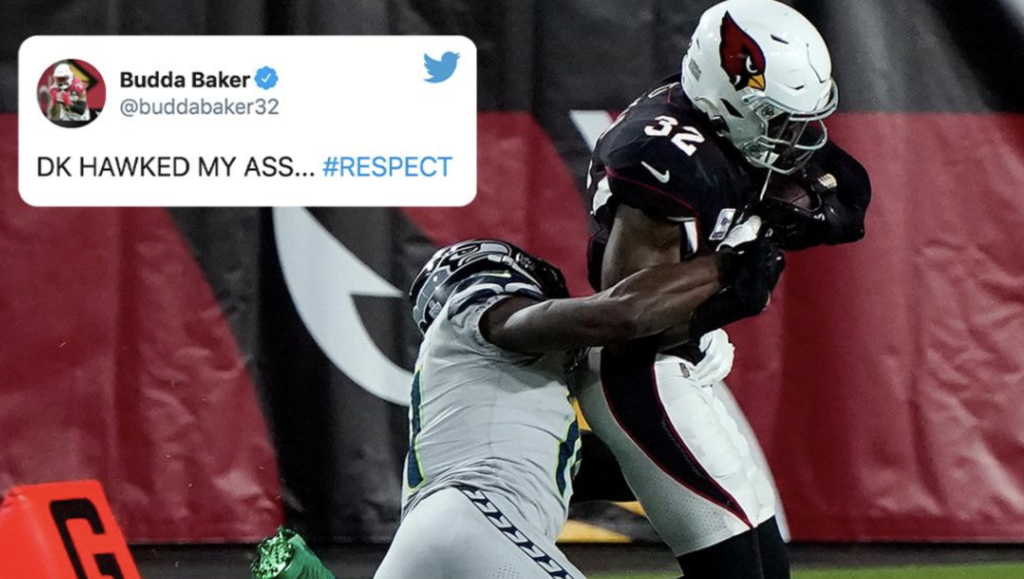
The Pick Six That Wasn't
-
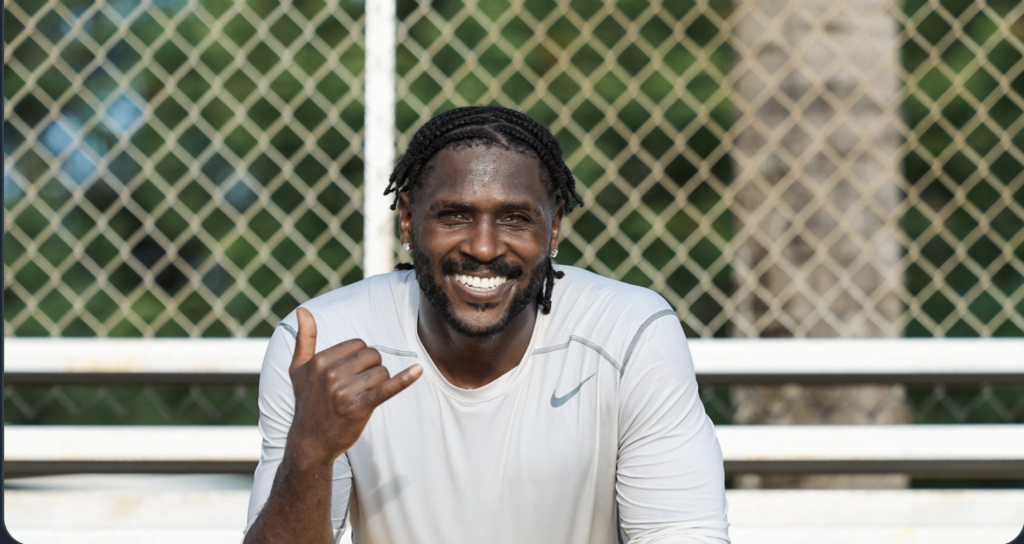
Where Will Antonio Brown Play Next?
-
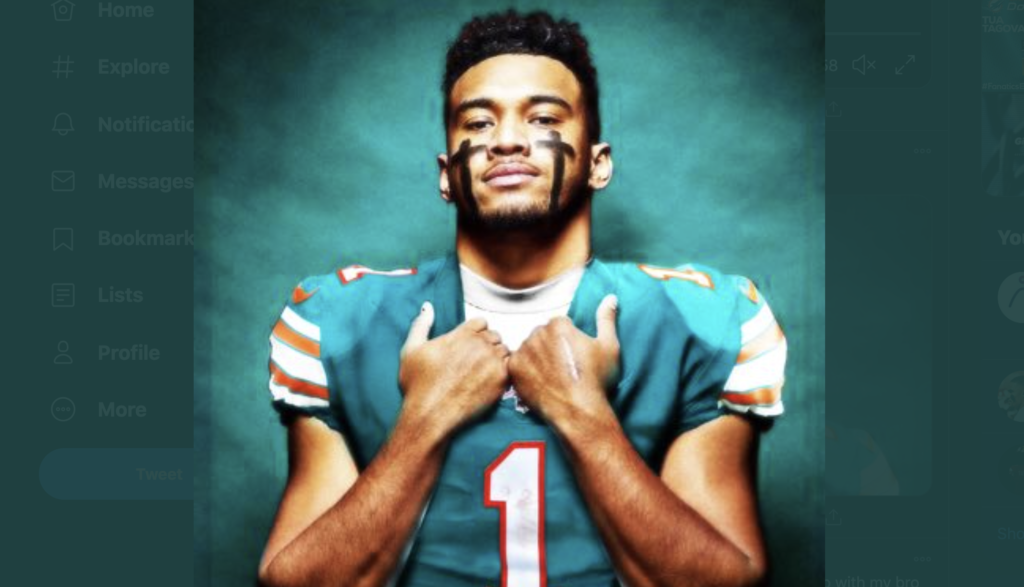
Roll Tide! It's Tua Time In Miami
-
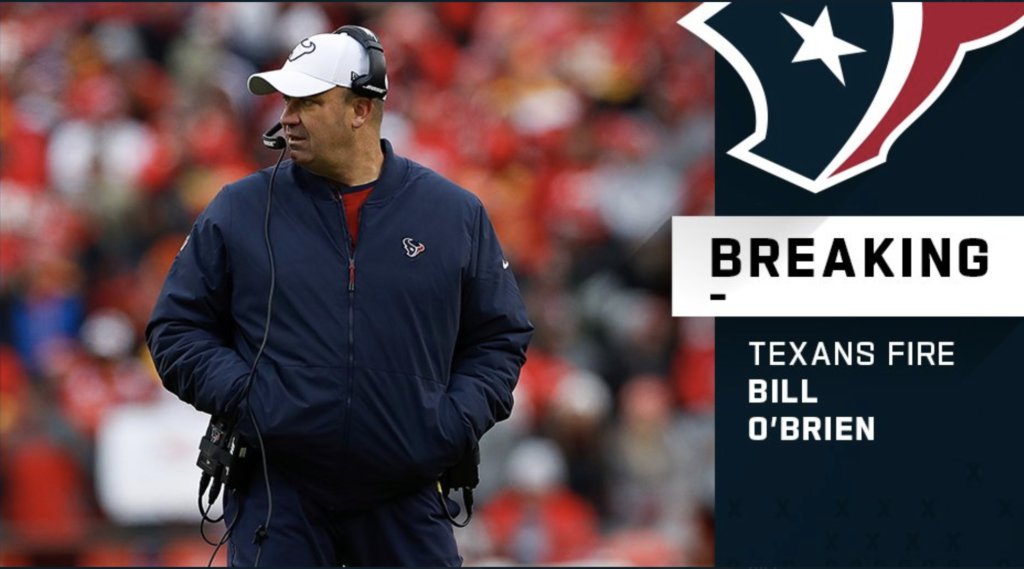
Trade Hopkins, Lose Your Job
-

Running Through The Record Books
-
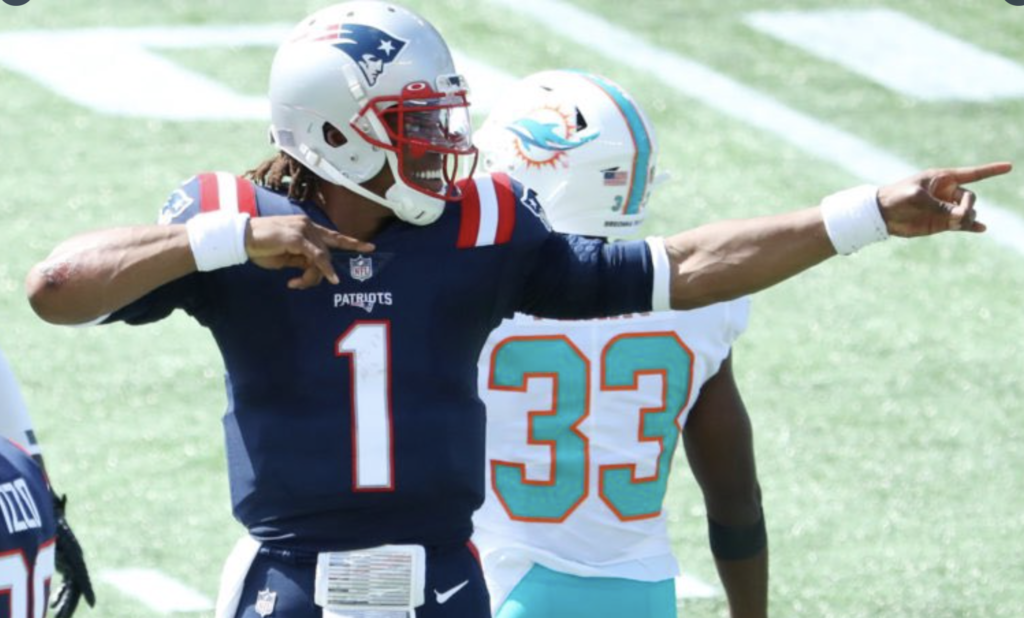
NFL Superstar Tests Positive for COVID
-

We Got Our First NFL Covid Outbreak
-
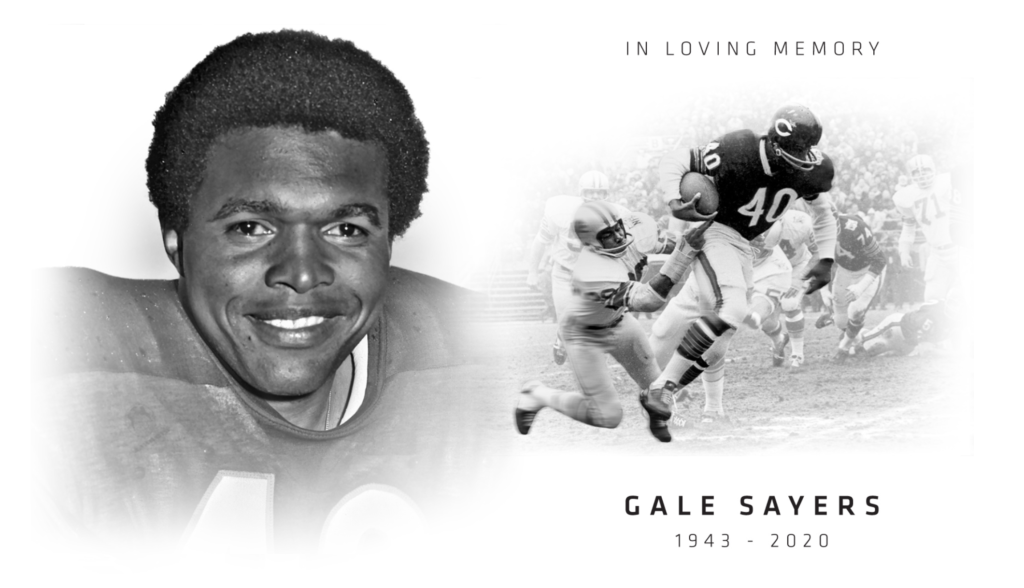
The NFL and America, Lost A Legend
-
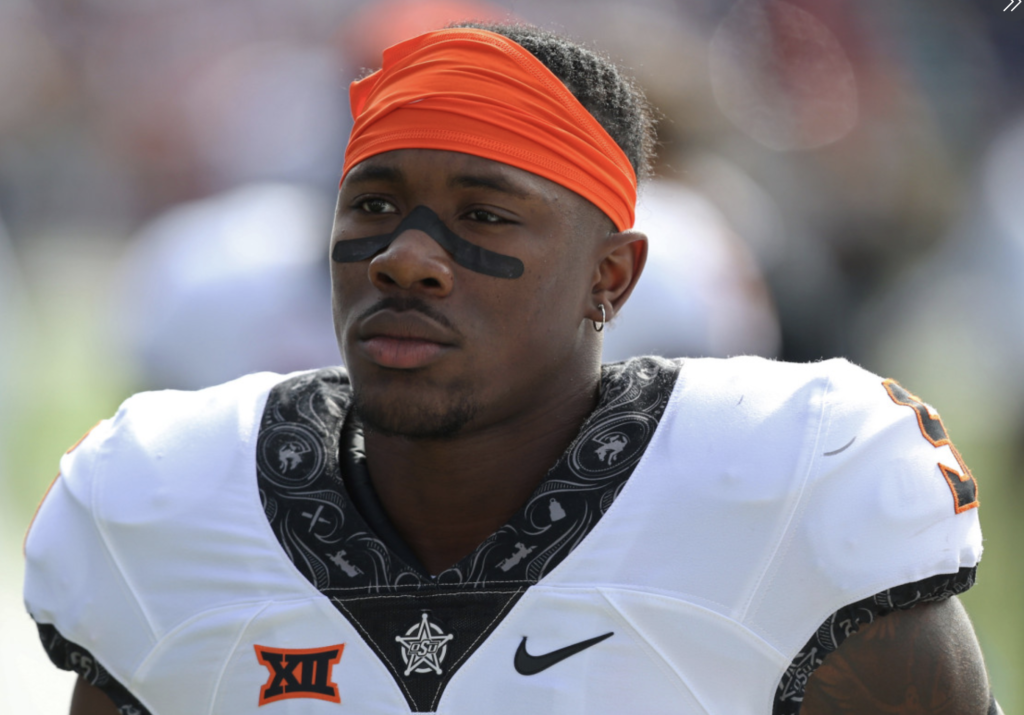
We Hope The WAP was Good!
-
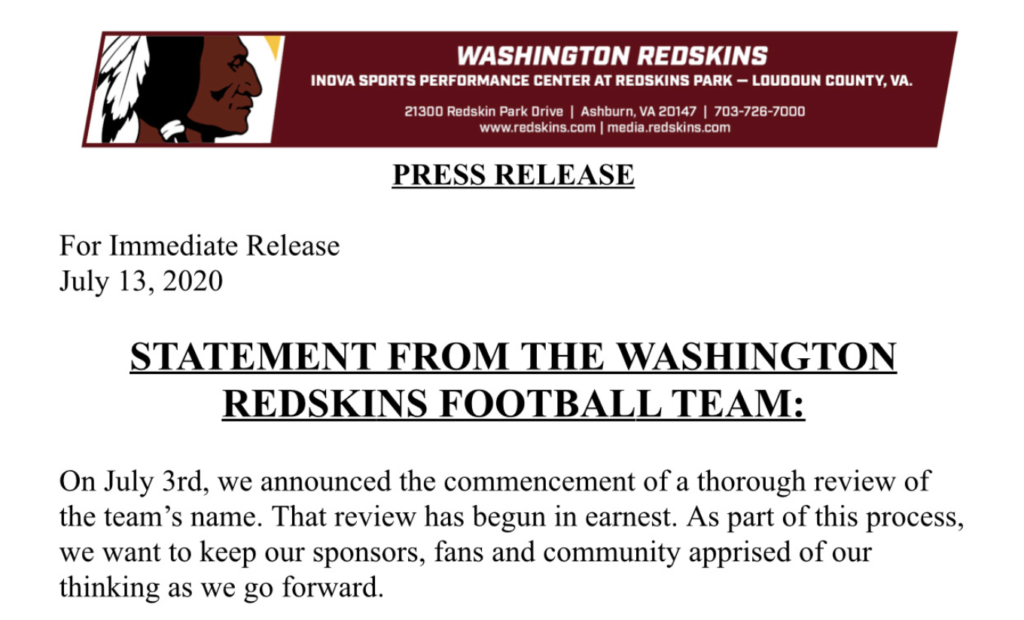
After 87 Years Washington Is Making a Change

